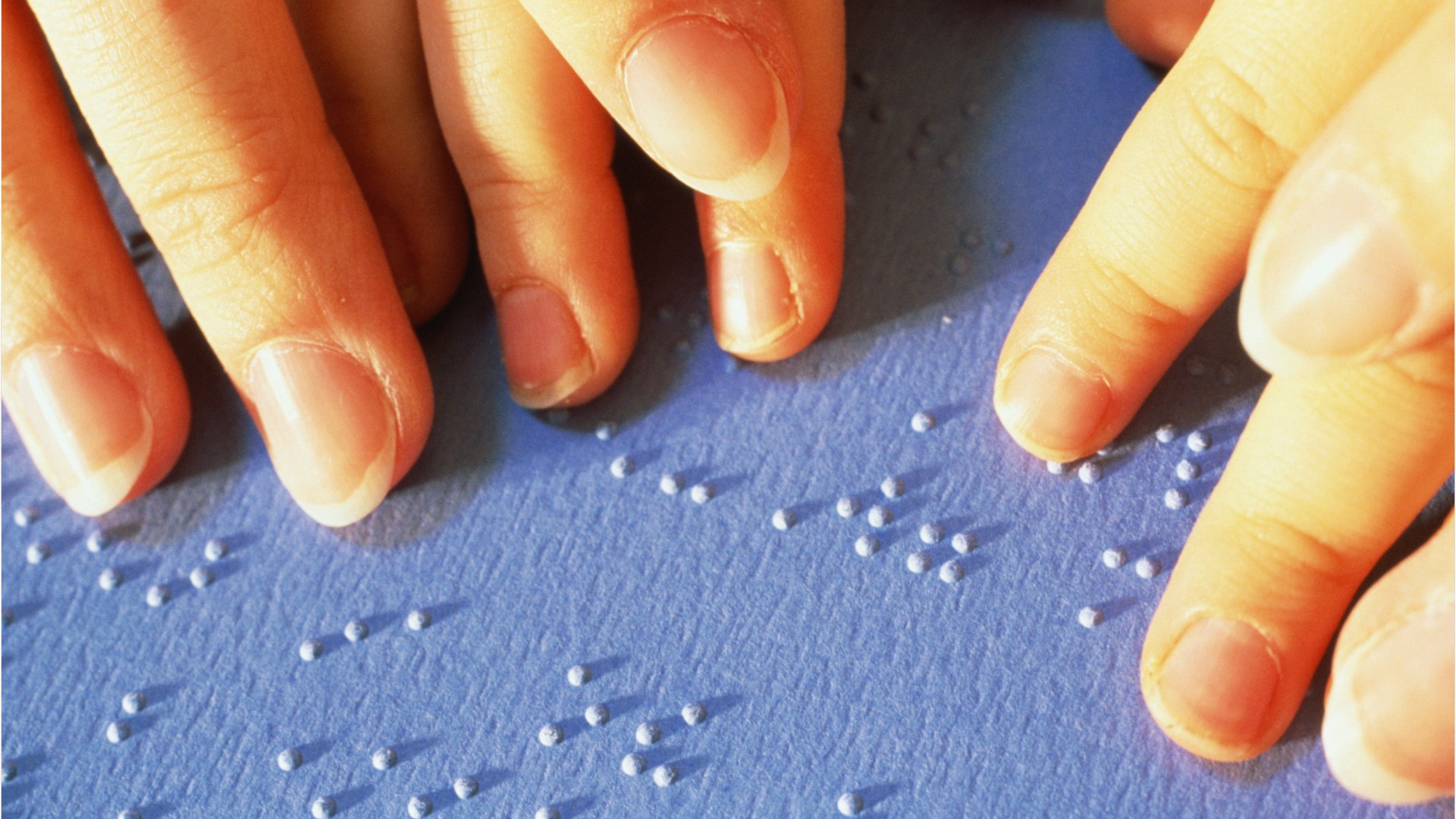Special Education Teachers, Kindergarten
Emotional Disabilities Teacher, Learning Support Teacher, Resource Program Teacher, Special Education Inclusion Teacher
 Select a military branch to see samples.
Select a military branch to see samples.
Education And Training; Education And Training Apprentice; Education And Training Craftsman; Education And Training Helper; Education and Training Journeyman; Education And Training Superintendent; Instructor
No similar titles were found.
No similar titles were found.
No similar titles were found.
No similar titles were found.
No similar titles were found.
What they do:
Teach academic, social, and life skills to kindergarten students with learning, emotional, or physical disabilities. Includes teachers who specialize and work with students who are blind or have visual impairments; students who are deaf or have hearing impairments; and students with intellectual disabilities.
On the job, you would:
- Administer standardized ability and achievement tests to kindergarten students with special needs.
- Attend professional meetings, educational conferences, or teacher training workshops to maintain or improve professional competence.
- Collaborate with other teachers or administrators to develop, evaluate, or revise kindergarten programs.
Knowledge
Knowledge information for this career will be available soon.
Skills
Skills information for this career will be available soon.
Abilities
Abilities information for this career will be available soon.
Personality
People interested in this work like activities that include helping people, teaching, and talking.
They do well at jobs that need:
- Optimism
- Sincerity
- Perseverance
- Adaptability
- Empathy
- Stress Tolerance
Technology
You might use software like this on the job:
Electronic mail software
- Email software
- Microsoft Outlook
Computer based training software
- EasyCBM
- Rethink Ed
Device drivers or system software
- Screen reader software
- The vOICe Learning Edition
Education
Education: (rated 4 of 5)
Job Outlook
Below Average
New job opportunities are less likely in the future.
Explore More
- Adult Basic Education, Adult Secondary Education, & English as a Second Language Instructors
- Special Education Teachers, Elementary School
- Special Education Teachers, Middle School
- Special Education Teachers, Preschool
- Special Education Teachers, Secondary School
You might like a career in one of these industries:
See more details at O*NET OnLine about Special Education Teachers, Kindergarten.





